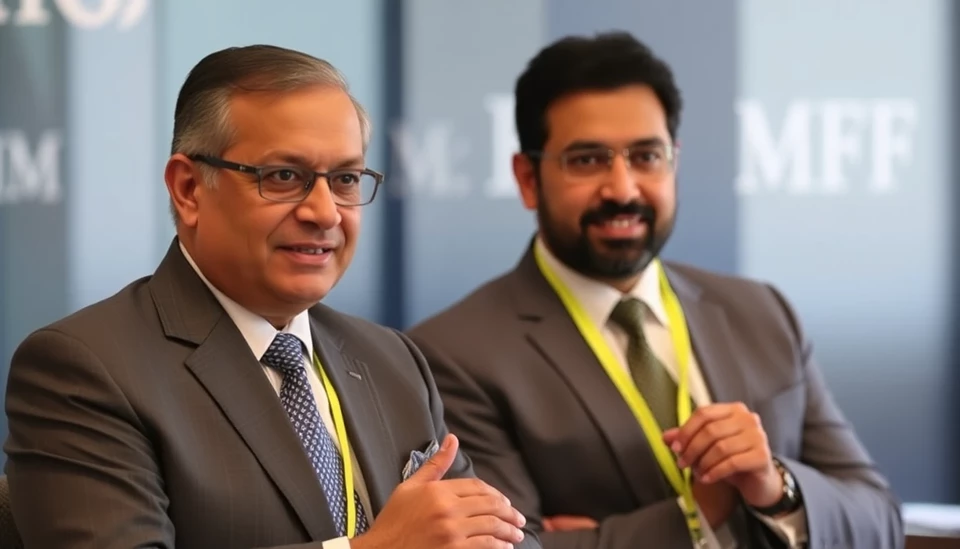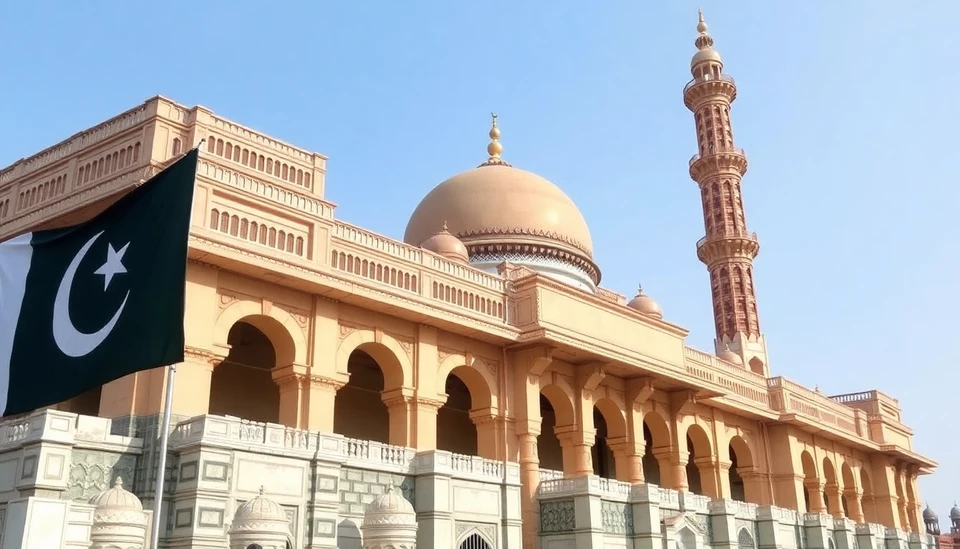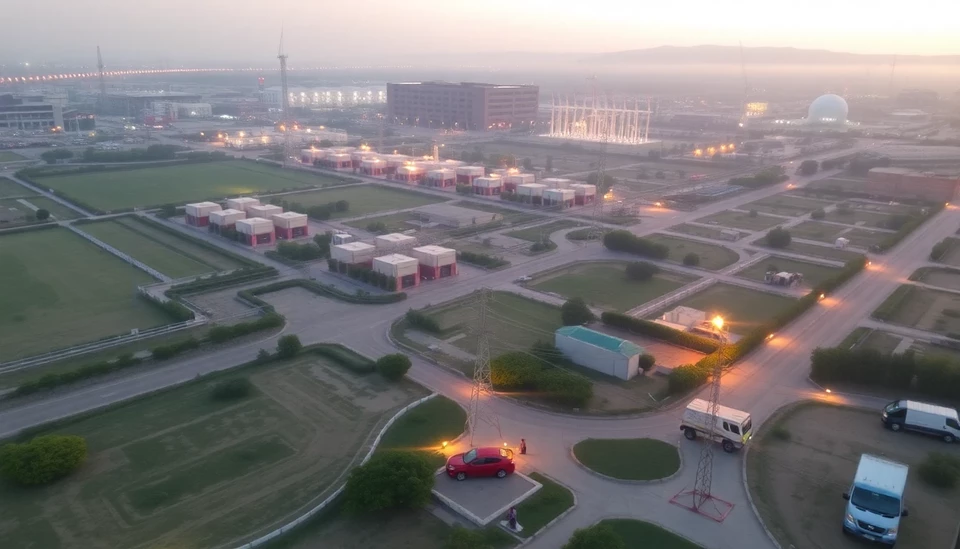
In a significant move to bolster its struggling economy, Pakistan is preparing to solicit the International Monetary Fund's (IMF) endorsement of an expansive economic growth plan. This strategic initiative comes at a critical time as the country seeks to stabilize its finances and boost investor confidence amidst ongoing economic challenges.
The Pakistani government, acknowledging the pressing need for fiscal reforms and economic recovery, has formulated a detailed proposal aimed at catalyzing economic growth and attracting foreign investment. This growth framework emphasizes key areas such as energy, agriculture, and infrastructure development, which are seen as pivotal for revitalizing the nation’s economic landscape.
The upcoming engagement with the IMF is crucial, as the country must demonstrate its commitment to implementing the necessary reforms outlined in its economic strategy. The government aims to address ongoing fiscal deficits and lay the groundwork for sustainable growth. Securing the IMF's approval is expected to unlock access to vital financial resources that Pakistan desperately needs to navigate its current economic turmoil.
Recently, Pakistan has faced numerous hurdles, including high inflation rates, dwindling foreign reserves, and a depreciating currency. These challenges have placed immense pressure on the nation's economy, leading to widespread disillusionment among the populace regarding economic stability and growth prospects.
To combat these issues, the proposed growth plan is structured to enhance productivity and promote job creation. By focusing on infrastructure improvements and incentivizing local and international investments, the government hopes to steer the economy toward recovery. Additionally, the plan outlines a commitment to social safety nets aimed at protecting the most vulnerable segments of society during the transition phase.
As part of its negotiations with the IMF, Pakistan will need to clearly communicate the specific reforms it intends to implement. This includes measures aimed at increasing tax revenues, reducing fiscal deficits, and managing state-owned enterprises more effectively. The success of these reforms is imperative, as they not only impact the immediate economic situation but also the country's long-term financial health.
Analysts suggest that gaining the IMF’s backing could serve as a significant confidence booster for the Pakistani economy, potentially leading to increased investor interest and more favorable credit ratings. However, the road ahead is fraught with challenges that require a delicate balance between implementing necessary austerity measures while ensuring economic growth does not stall.
With the engagement with the IMF on the horizon, all eyes will be on how effectively the Pakistani government communicates its plans and willingness to tackle the issues head-on. The outcome of this negotiation could prove pivotal in shaping Pakistan's economic future and restoring faith in its financial system.
As this situation unfolds, the nation remains hopeful that the proposed economic growth plan will pave the way for recovery and stability in the foreseeable future.
#Pakistan #IMF #EconomicGrowth #FiscalReform #Investment #Finance #EconomicStability #InfrastructureDevelopment #JobCreation
Author: Daniel Foster




